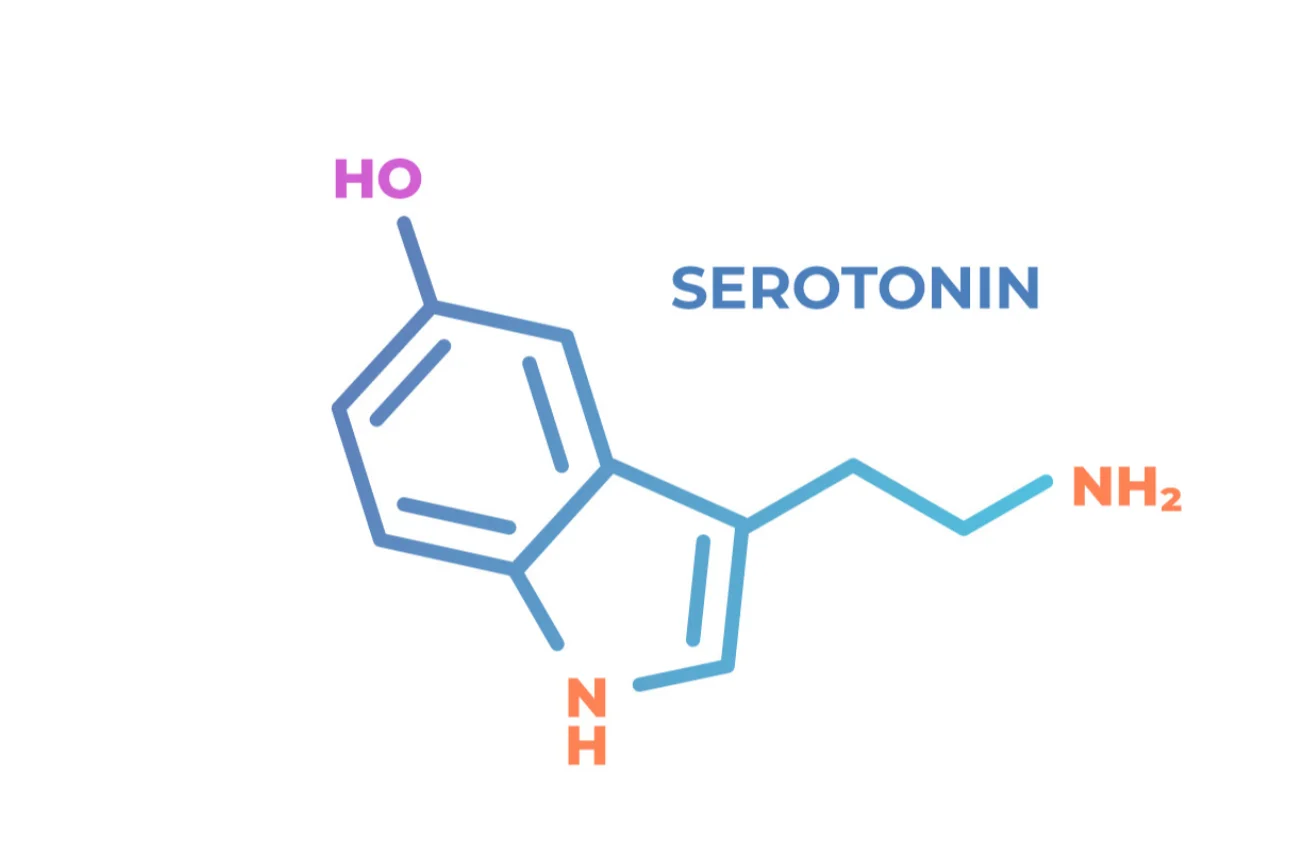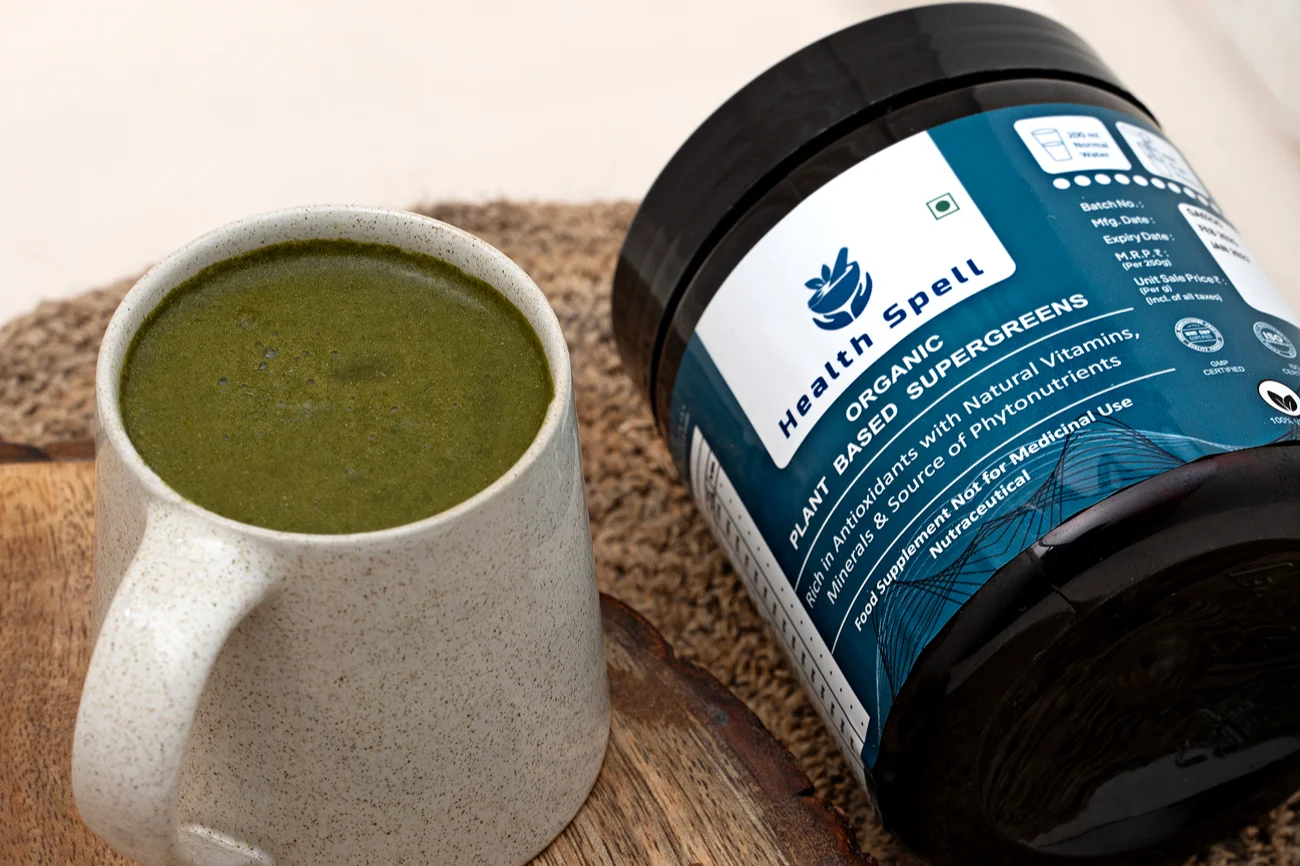Why Gut Health Is the Foundation of Your Overall Well-Being
Introduction:
Your gut does more than just digest food—it’s the control center for your immunity, mood, metabolism, and skin health. An unhealthy gut can lead to fatigue, bloating, poor immunity, breakouts, and even anxiety. Yet many people don’t realize how central it is to their overall well-being.
Let’s explore why nurturing your gut is one of the most important things you can do for your health—and how simple lifestyle changes can make a big difference.

1. Your Gut: Home to Trillions of Microbes
Inside your digestive system lives a bustling community of over 100 trillion bacteria, viruses, and fungi—collectively known as your gut microbiome. These microbes play a vital role in: Digesting food Absorbing nutrients Producing essential vitamins like B12 and K2 Training your immune system Regulating inflammation A diverse and balanced gut microbiome is essential for keeping you healthy from the inside out.
2. Gut Health = Strong Immunity
Did you know that about 70% of your immune system lives in your gut? A healthy digestive tract helps your body identify and fight off harmful invaders while tolerating beneficial ones. When your gut is imbalanced (a condition known as dysbiosis), your immune system can go haywire, leading to frequent colds, allergies, or autoimmune flare-ups.

3. Your Gut Talks to Your Brain
This might surprise you: the gut and brain are directly connected via the vagus nerve, and scientists often call the gut the "second brain." Around 90% of your serotonin (the “feel good” hormone) is produced in the gut. An unhealthy gut has been linked to:
Anxiety
Depression
Brain fog
Mood swings
4. Digestive Trouble? It Might Be Your Microbiome
If you frequently experience bloating, constipation, or acid reflux, your gut bacteria may be out of balance. Antibiotics, processed foods, sugar, stress, and lack of fiber are all culprits. Over time, an unhealthy gut can contribute to:
Food sensitivities
Leaky gut syndrome
Chronic inflammation
5. How to Support a Healthy Gut Naturally
Here are science-backed ways to improve gut health starting today:
Eat More Fiber: Prebiotic-rich foods like bananas, garlic, onions, and oats feed beneficial gut bacteria.
Incorporate Fermented Foods: Yogurt, kefir, kimchi, and sauerkraut introduce healthy probiotics.
Stay Hydrated: Water helps keep digestion smooth and supports the gut lining.
Manage Stress: Chronic stress disrupts gut bacteria—try meditation, yoga, or journaling.
Get Quality Sleep: Poor sleep affects the gut–brain axis and weakens the microbiome.

6. A Gentle Mention: Supergreens and Gut Support
If your diet lacks variety or you're experiencing digestive issues, certain plant-based supplements can help. A greens powder with fiber, antioxidants, and prebiotic herbs may gently support digestion and microbial balance. When choosing one, opt for organic blends without artificial additives. Finally, your gut is more than just a digestive organ—it’s the gatekeeper to your health. By nurturing it with real food, stress management, and informed choices, you can feel more energized, think more clearly, and live more vibrantly. Taking care of your gut isn’t a trend—it’s a foundation. Start small. Start today. Your whole body will thank you.
